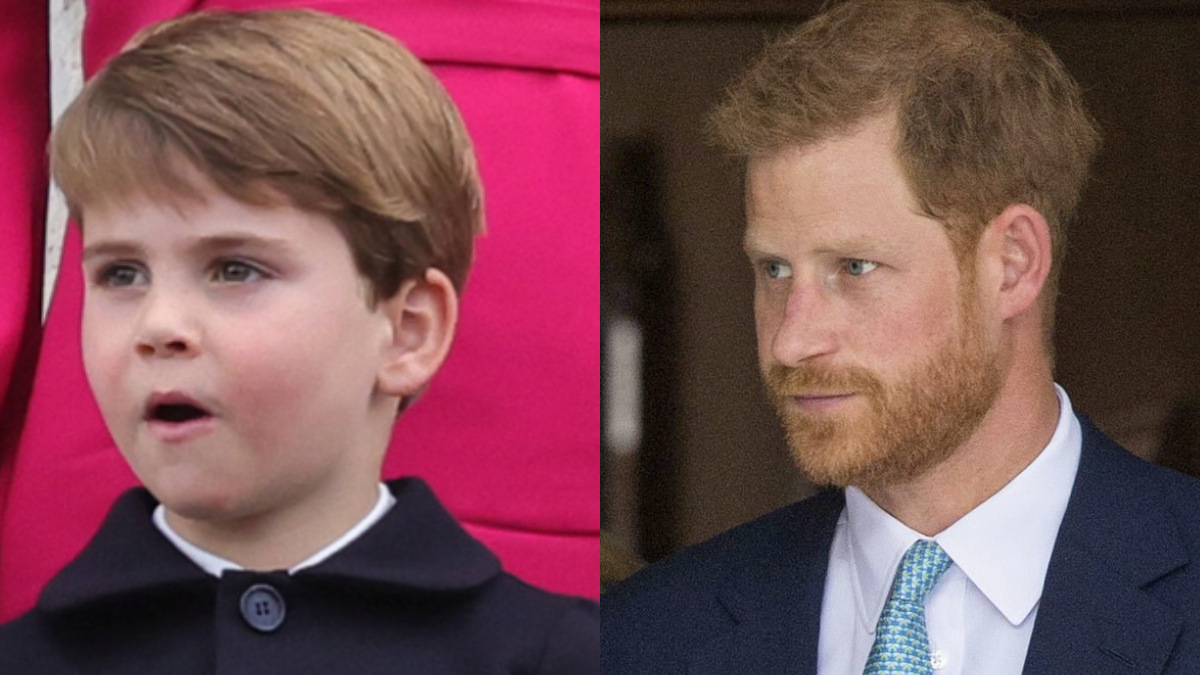
Rajapaksa says 'imported solutions' won't work in Sri Lanka

In a reference aimed at the stalled talks with the TNA over the India-supported devolution of power to Tamil-majority areas, the President asked the Tamil party to join the political process rather than utilising "foreign influences".
"We believe that the mechanism for solving the national question is the parliamentary select committee," Rajapaksa said in comments marking Sri Lanka's independence day.
The government's talks with the Tamil National Alliance have been struck over the latter's demand of giving revenue and police powers to the Northern and Eastern provinces under the 13th Amendment plus approach.
It is to be noted that the 13th Amendment solution has been promoted by India.
"It is the duty of all parties in the country to solve problems according to people's wishes by participating in this Parliamentary Select Committee rather than relying on imported solutions and utilising foreign influences," Rajapaksa said.
TNA has refused to nominate its members to the parliamentary committee as it feels the process would be meaningless unless its key demands were met.
Rajapaksa's comments came in variance with the stand of the Indian government, which has advocated full implementation of the 13th amendment to the constitution adopted as part of an Indian initiative to bring peace to Sri Lanka.
Attacking the pro-LTTE Diaspora, the President said, "Conspiracies and propaganda of terrorists based overseas have not abated. They expect to achieve in Sri Lanka certain results that happened in some countries," an obvious reference to the Arab Spring demonstrations which led to regime changes.
Rajapaksa, whose main achievement remains his military success over the LTTE, said no solution can be found by accommodating extremist views.
"What is required today is the formulation of policies based on a vision that is commonly applicable to the whole country," he said.
The independence day celebrations took place in the historic kingdom of Anuradhapura with a colourful ceremony presided over by Rajapaksa.
Sri Lanka's colonial history dates back to 1505 when the Portuguese landed in the island.
They built the Colombo Fort in 1517 and expanded control over the island's coastal areas. The Sinhala majority resisted the Portuguese throughout the 16th century. The main grouse was that the Sinhalese were forced to convert to Christianity.
In 1602, the Dutch arrived in the central kingdom of Kandy and by 1660 the Dutch controlled the whole island except the kingdom of Kandy.
Robert Knox, a British sea farer's chance arrival in 1659 was to later lead to British colonisation of the island. The British occupied the coastal areas of the island they called 'Ceylon' by 1796.
By 1802, the Dutch areas of control were ceded to Britain and the island became a crown colony. In 1803 the British invasion of Kandy was thwarted but in 1815 Kandy came to be occupied by the British.
The British domination in the island continued till 1948 when Ceylon was granted independence.
PTI


 Click it and Unblock the Notifications
Click it and Unblock the Notifications






























